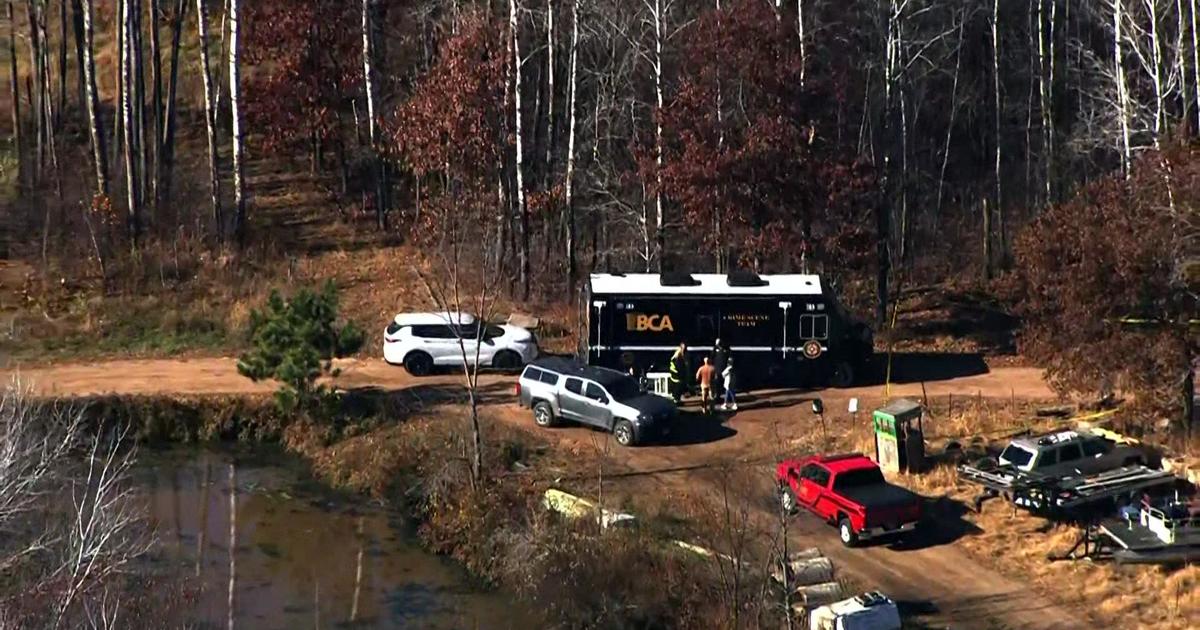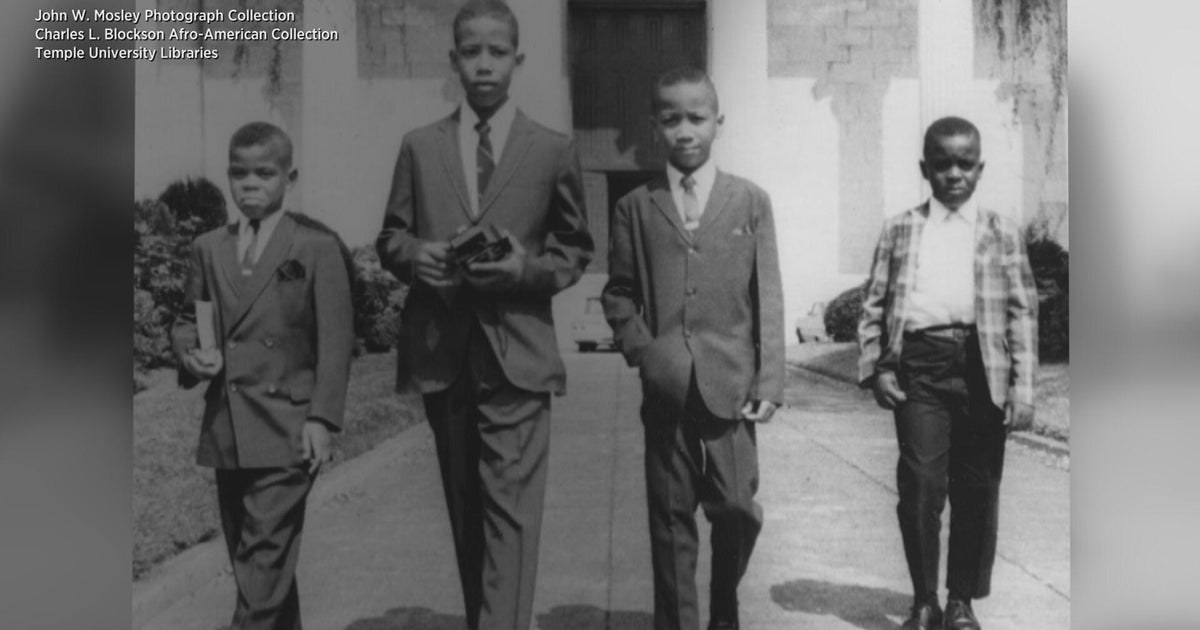Texas Inmate Talks About His 1997 Escape, Time At-Large
AMARILLO, Texas (AP) — Jose Salaz knew he was being hunted after escaping from a South Texas prison to start a new life in Mexico with his wife and children.
He kept a sharp eye out for police and eluded capture each time they got close, stringing together more than a decade-and-a-half of freedom that made him the longest escaped inmate in recent Texas history.
Now back in a state prison cell, Salaz faces at least 13 more years behind bars for assault and kidnapping after what he called a "very rough" life on the run. But in his first interview since his extradition last year, the 39-year-old tells The Associated Press he has no regrets about his escape because he needed to provide for his family.
Salaz says he sold corn on Mexican street corners and worked for cash in construction and in a tire shop — all the while knowing his freedom depended on his vigilance.
"I knew they would be looking for me all the time, so I was always watching my back," Salaz said from the William P. Clements Jr. Unit outside Amarillo, where he's being kept in isolation for security reasons.
For a time he lived with his wife in Monterrey, where the couple had two more children, five in all. Then sometime before 2010 he noticed police talking to neighbors and fled south to the Mexican state of San Luis Potosi where he remained for a few months.
After his return, police approached the home and saw him through the front door before Salaz slipped out the back. From that point, Salaz said, he stayed elsewhere and only saw his wife and children every week or so — a tactic that kept authorities at bay for a few more years.
"We knew for a long time where he was," said John Moriarty, who was inspector general for the Texas Department of Criminal Justice for much of the time Salaz was a fugitive. "We just couldn't get him out of Mexico. It was annoying."
The state worked with Mexican authorities and the U.S. Marshals Service to track Salaz, a U.S. citizen who was convicted in 1996 of holding a bar owner for ransom and wounding a Houston police officer in an ensuing shootout. Investigators regularly talked with his mother, father and some of his 10 siblings — all living in the Houston area — as well as his wife to get information on his whereabouts.
When finally captured in 2013 — 16 years after his escape — he was on his way to rendezvous with his wife away from their home. Authorities have not said what tipped them off about his location.
"They surrounded me," Salaz said. "I didn't have a chance."
Salaz will serve his prison term about as far from the Mexican border as someone behind bars in the state can — alone in a cell at a maximum-security facility in the Texas Panhandle.
"With the network that he had, they needed to put him in a secure facility and one that doesn't have quick access to the border," said Bruce Toney, the state prison agency's inspector general.
At the time of his escape, Salaz was serving three concurrent 35-year sentences at the minimum-security East Garza unit near Beeville for aggravated assault and kidnapping in Harris County.
Prison officials say Salaz's escape the year after his conviction was planned well in advance and involved others who brought a minivan near the prison to aid in his travel south.
Salaz tells a much different story, claiming his evening escape came on a whim and he had no help after he bolted out a recreation yard door and — dressed in only boxer shorts and tennis shoes — scaled three high fences topped with razor wire.
Bleeding from numerous cuts from the fence, Salaz said he ran through woods and across fields through the first night, then hid by day and moved after dark for the next two weeks. He eventually caught a bus to Laredo and crossed the border on foot.
"I was scared for one part and for another one, I was happy because I made it," said Salaz, whose escape cost two guards their jobs and prompted two others to be placed on probation.
A felony escape charge against Salaz wasn't pursued because of an extradition treaty with Mexico, said Mark Edwards, executive director of Special Prosecution Unit in Huntsville.
But when Salaz reaches his parole date, in 2028, Toney said his agency will do its best to keep him locked up.
Until then, Salaz said, he has no intention of causing trouble.
"I want to get through with this, get my identity back, be a new man and start all over again," he said.







